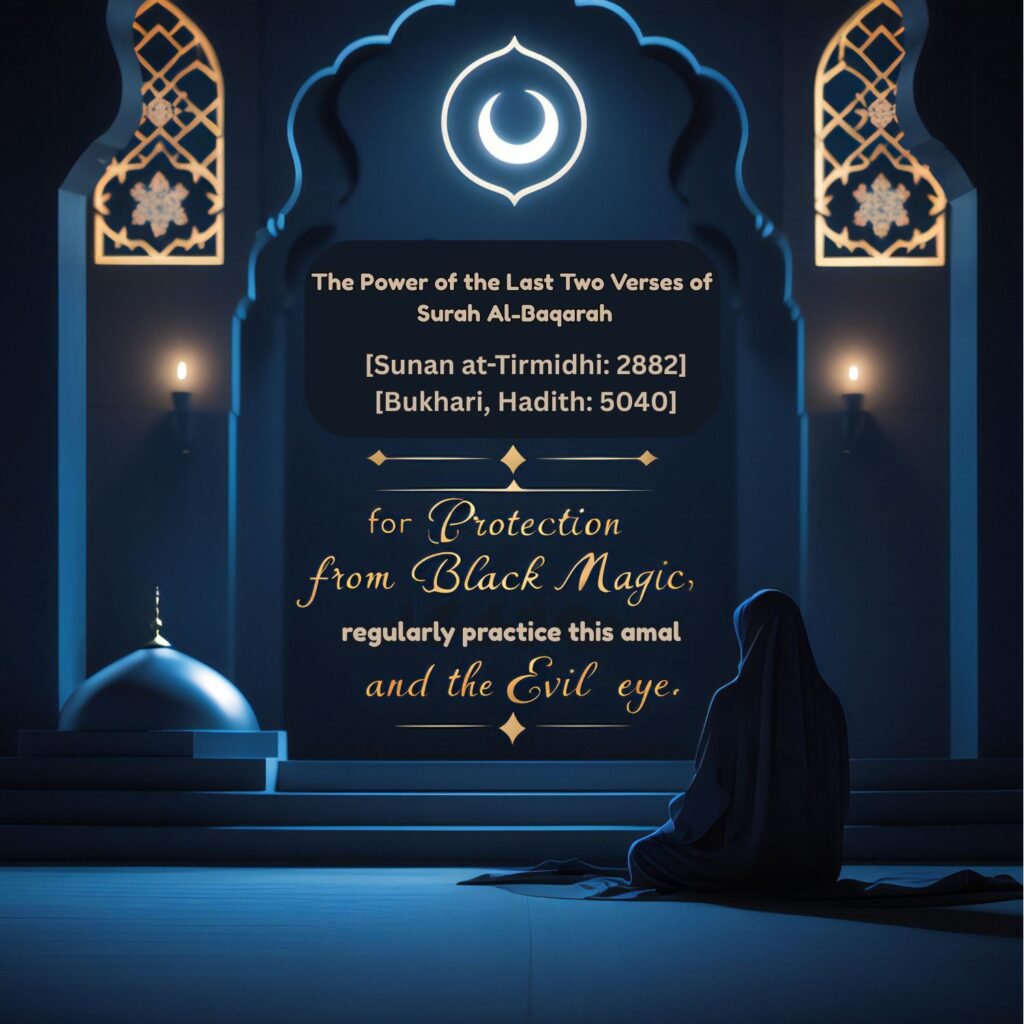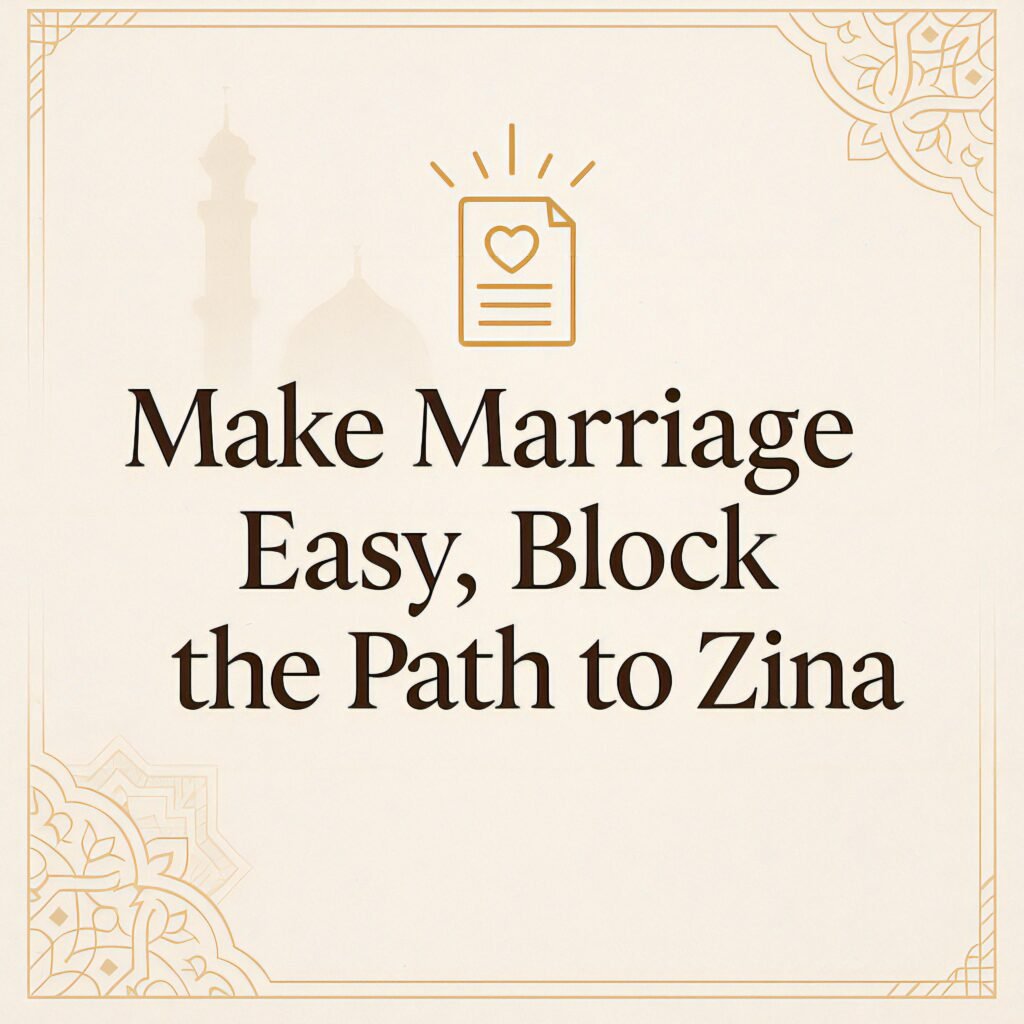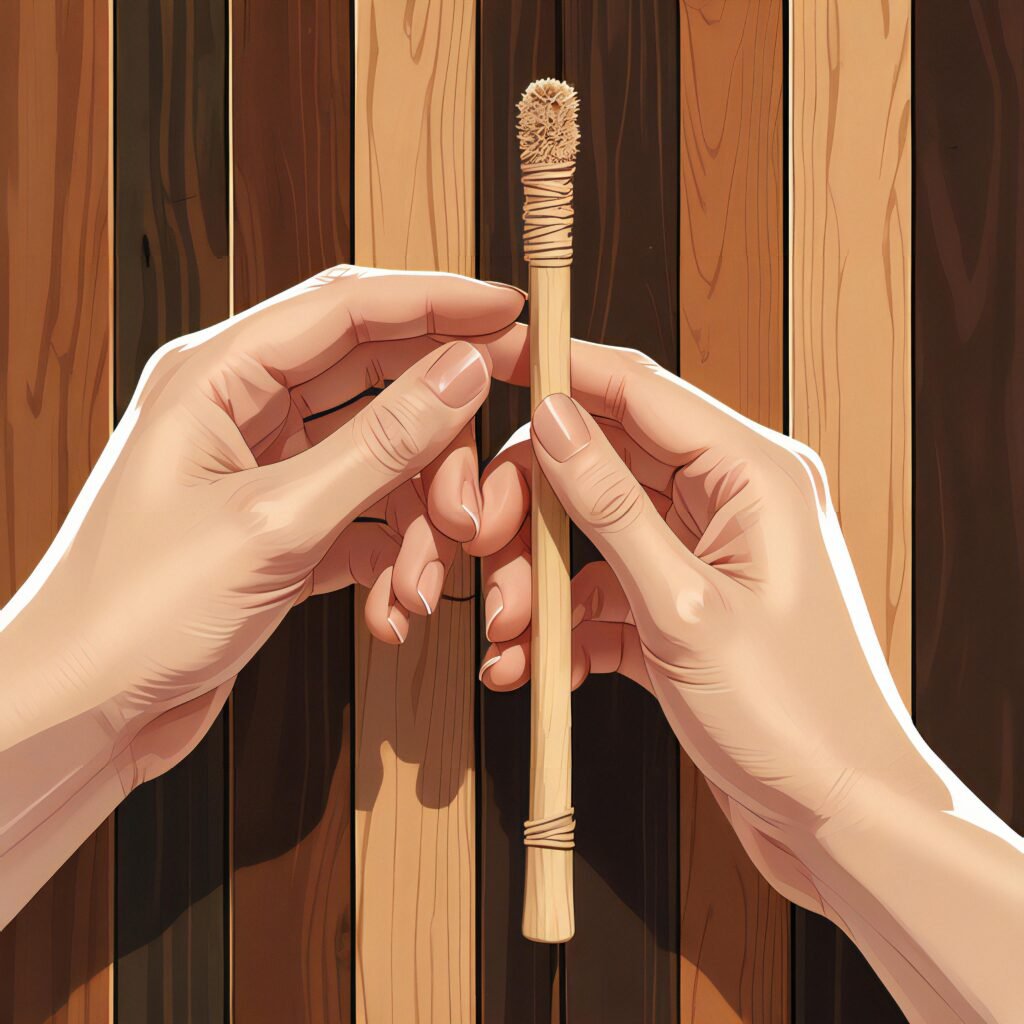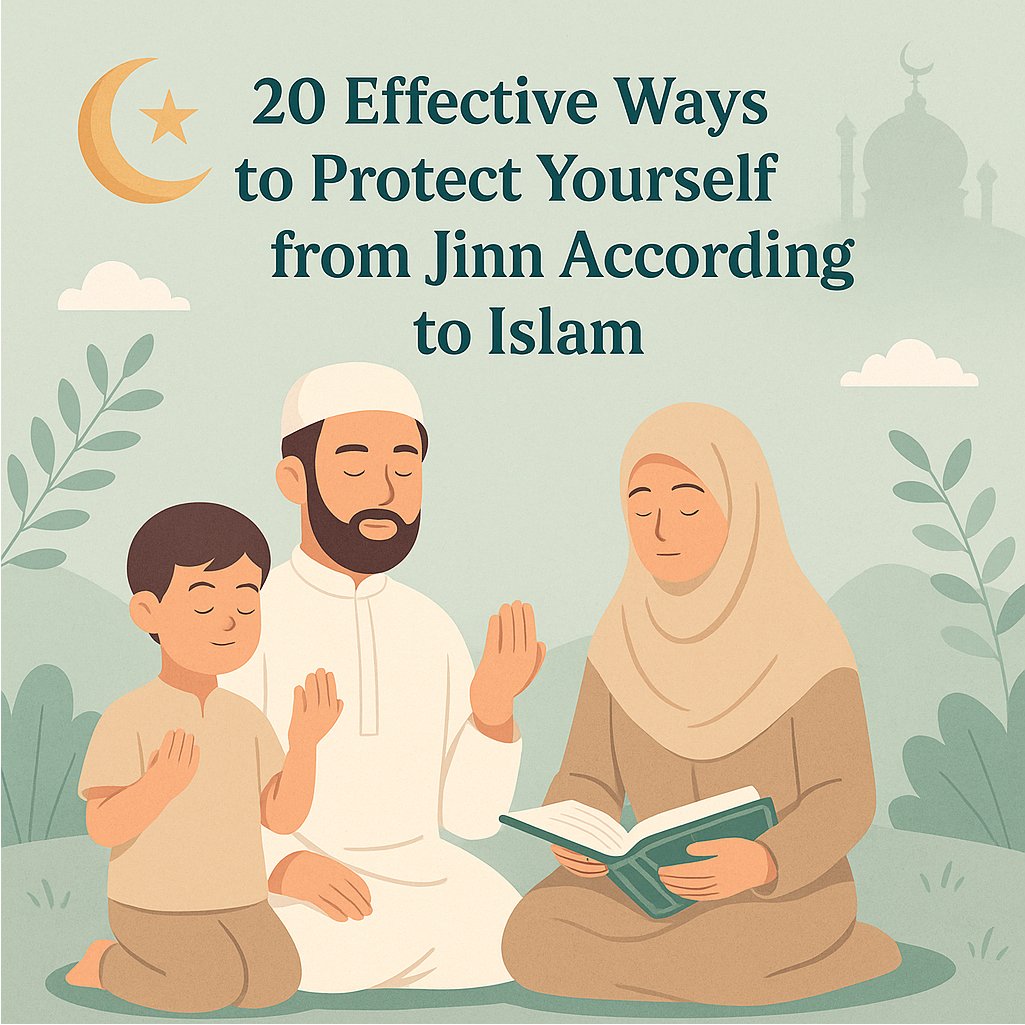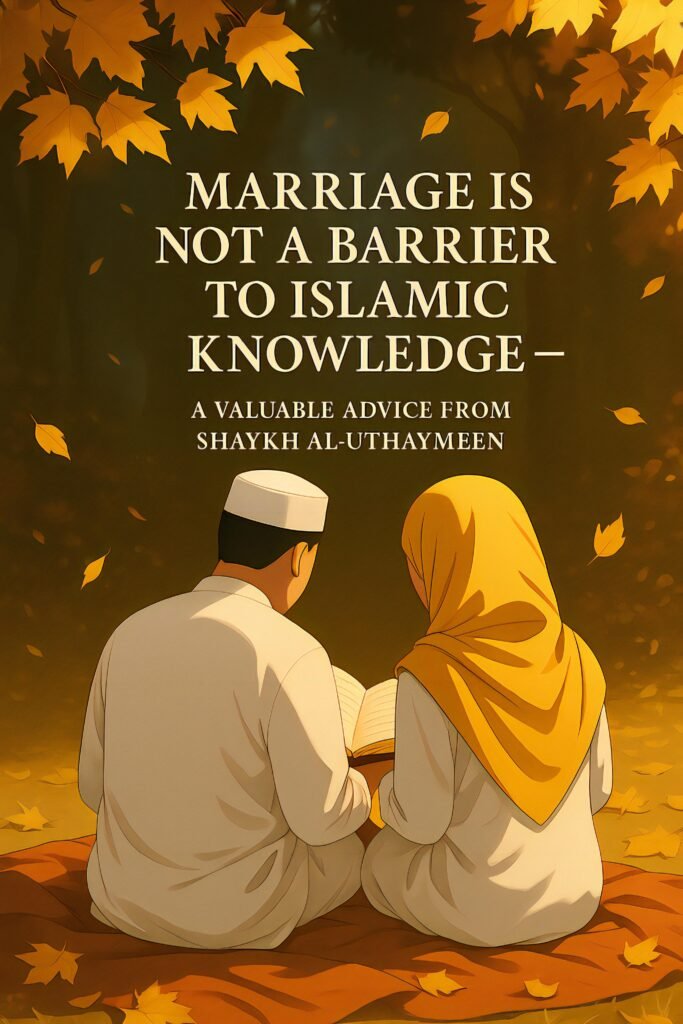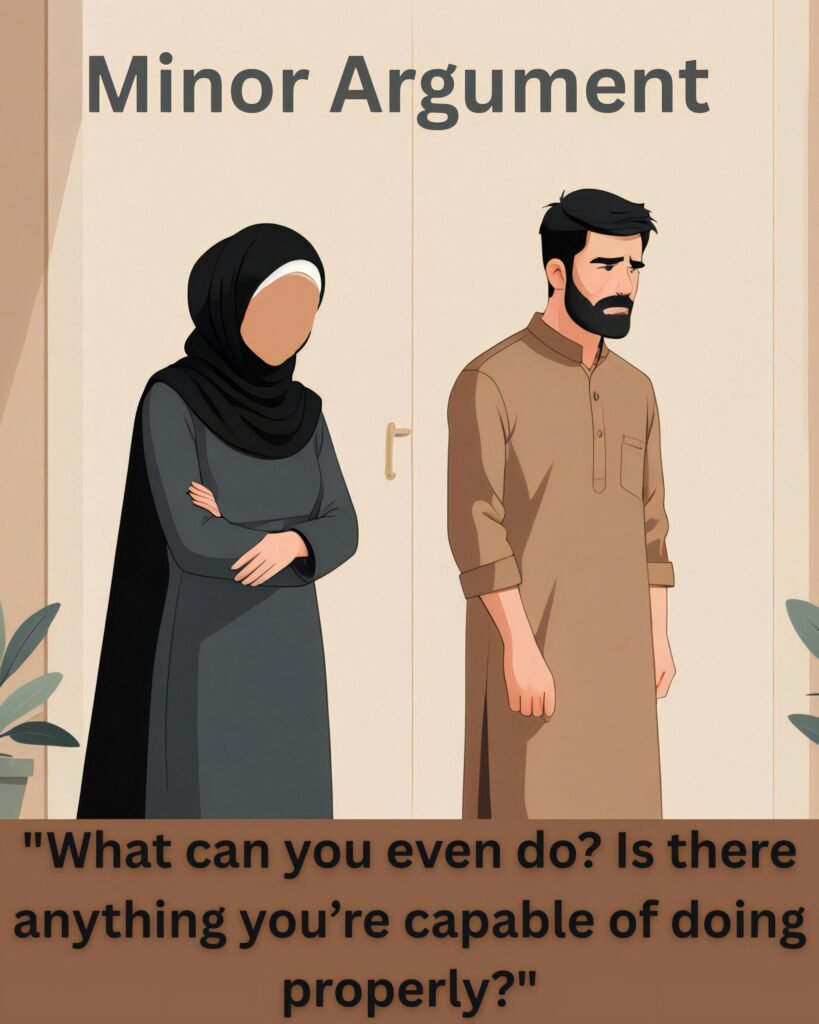Protection from Jinn, Black Magic & Evil Eye – The Power of the Last Two Verses of Surah Al-Baqarah
Those who are affected by jinn, black magic, or the evil eye can regularly practice this amal (act) in their own homes.
Virtues of the last two verses of Surah Al-Baqarah:
“If the two verses are recited in a house for three nights, Shaytan cannot come near that house.”
[Sunan at-Tirmidhi: 2882]
The Messenger (ﷺ) said, “If a person recites the last two verses of Surah Al-Baqarah, it will be sufficient for him.”
[Bukhari, Hadith: 5040]
آمَنَ الرَّسُولُ بِمَا أُنزِلَ إِلَيْهِ مِن رَّبِّهِ وَالْمُؤْمِنُونَ ۚ كُلٌّ آمَنَ بِاللَّهِ وَمَلَائِكَتِهِ وَكُتُبِهِ وَرُسُلِهِ لَا نُفَرِّقُ بَيْنَ أَحَدٍ مِّن رُّسُلِهِ ۚ وَقَالُوا سَمِعْنَا وَأَطَعْنَا ۖ غُفْرَانَكَ رَبَّنَا وَإِلَيْكَ الْمَصِيرُ (285
“The Messenger has believed in what was revealed to him from his Lord, and [so have] the believers. All of them have believed in Allah and His angels and His books and His messengers, [saying], ‘We make no distinction between any of His messengers.’ And they said, ‘We hear and we obey. [Grant us] Your forgiveness, our Lord. To You is the final destination.’”
لَا يُكَلِّفُ اللَّهُ نَفْسًا إِلَّا وُسْعَهَا ۚ لَهَا مَا كَسَبَتْ وَعَلَيْهَا مَا اكْتَسَبَتْ ۗ رَبَّنَا لَا تُؤَاخِذْنَا إِن نَّسِينَا أَوْ أَخْطَأْنَا ۚ رَبَّنَا وَلَا تَحْمِلْ عَلَيْنَا إِصْرًا كَمَا حَمَلْتَهُ عَلَى الَّذِينَ مِن قَبْلِنَا ۚ رَبَّنَا وَلَا تُحَمِّلْنَا مَا لَا طَاقَةَ لَنَا بِهِ ۖ وَاعْفُ عَنَّا وَاغْفِرْ لَنَا وَارْحَمْنَا ۚ أَنتَ مَوْلَانَا فَانصُرْنَا عَلَى الْقَوْمِ الْكَافِرِينَ (286
“Allah does not burden a soul beyond that it can bear. It will have [the consequence of] what [good] it has gained, and it will bear [the consequence of] what [evil] it has earned.
Our Lord, do not impose blame upon us if we have forgotten or erred.
Our Lord, and lay not upon us a burden like that which You laid upon those before us.
Our Lord, and burden us not with that which we have no ability to bear.
And pardon us; and forgive us; and have mercy upon us.
You are our protector, so give us victory over the disbelieving people.”
Hadith about black magic:
Narrated by Imran (RA):
He said: We were on a journey with the Prophet (ﷺ). We traveled during the night until we slept at the end of the night. For a traveler, there could not be a sleep sweeter than that. (We were so deeply asleep that) nothing woke us except the heat of the sun. The first to wake up was so-and-so, then so-and-so, then so-and-so. (Narrator Abu Raja’ (RA) mentioned all their names, but ‘Awf (RA) could not remember them.) The fourth person to wake up was ‘Umar ibn al-Khattab (RA).
When the Prophet (ﷺ) slept, we did not wake him up until he himself arose, because we did not know what might be revealed to him during his sleep. When ‘Umar (RA) woke up and saw the condition of the people, and he was a firm and resolute man, he began proclaiming the takbīr loudly. He kept on raising his voice until the Prophet (ﷺ) awoke because of his loud voice. The people then presented their excuses to him. He (ﷺ) said: “There is no harm” or he said: “There will be no harm. Move on from here.”
So he (ﷺ) set off with them. After traveling some distance, he stopped, asked for water, performed ablution, and the call to prayer was made. He then led the people in prayer. After completing the prayer, he noticed one man standing apart who had not prayed with the congregation. The Prophet (ﷺ) asked him: “O so-and-so! What prevented you from praying with the people?” He replied: “I was in a state of major impurity (janābah), but there is no water.” The Prophet (ﷺ) said: “Use clean earth (tayammum), it is sufficient for you.”Then the Prophet (ﷺ) resumed the journey. The people complained of thirst to him. So he halted, then called for a certain person (Abu Raja’ (RA) mentioned his name but ‘Awf (RA) forgot it) and also called ‘Ali (RA), instructing them both to go in search of water. They set out and came across a woman riding on a camel, carrying two water skins. They asked her: “Where is water?” She replied: “Yesterday, at this time, I was near water, but my tribe has stayed behind.” They said: “Come with us.” She asked: “To where?” They said: “To the Messenger of Allah (ﷺ).” She said: “To the one whom people call the Ṣābi’ (the one who has abandoned the religion)?” They replied: “Yes, the same one you refer to.” She said: “Alright, then take me.”
So they brought her to the Messenger of Allah (ﷺ) and informed him of the situation. Imran (RA) said: The people then brought her down from her camel. The Prophet (ﷺ) asked for a container, poured water into it from the two skins, then closed their mouths. After that, he opened the lower mouth of the skins and announced that the people and their animals should drink. Everyone drank and watered their animals as much as they wanted. Finally, the person who needed to perform ghusl was given a vessel of water, and the Prophet (ﷺ) told him: “Take this water and perform your bath.”
The woman was watching everything being done with her water. By Allah, when we had finished, it seemed to us that the water skins were more full than before. Then the Prophet (ﷺ) said: “Gather something for the woman.” So the people collected dates of Ajwah, flour, and roasted grain until they had gathered a large amount. They placed it in a cloth, tied it up, and put it in front of her on her camel. The Messenger of Allah (ﷺ) told her: “You know well that we have not taken away any of your water; rather Allah Himself has quenched our thirst.”
So she returned to her people, though she had been delayed for some time. They asked her: “O so-and-so! What kept you so long?” She replied: “I met something astonishing! Two men met me and brought me to the one whom they call the Ṣābi’. By Allah, he did such-and-such.” Then she pointed with her middle and index fingers towards the heavens and the earth, and said: “By Allah! He must be either performing the greatest magic between heaven and earth, or he truly is the Messenger of Allah.”
After that, whenever the Muslims raided the idolaters nearby, they never harmed her tribe. One day, the woman said to her people: “It seems to me that they are deliberately sparing us. Will you not then accept Islam?” They all accepted her word and embraced Islam.
Abu ‘Abdullah (RAH) said: The word Ṣabāʾ means “to abandon one’s religion and adopt another.” Abu al-‘Aliyah (RAH) said: The Ṣābi’īn were a group from the People of the Book who used to read the Zabur (Psalms). The word Aṣaba means “to incline or to turn.”
References:
Sahih al-Bukhari, Hadith no. 344
Muslim (5/55, Hadith 682), Ahmad (19919)
Status: Sahih Hadith
Collected

